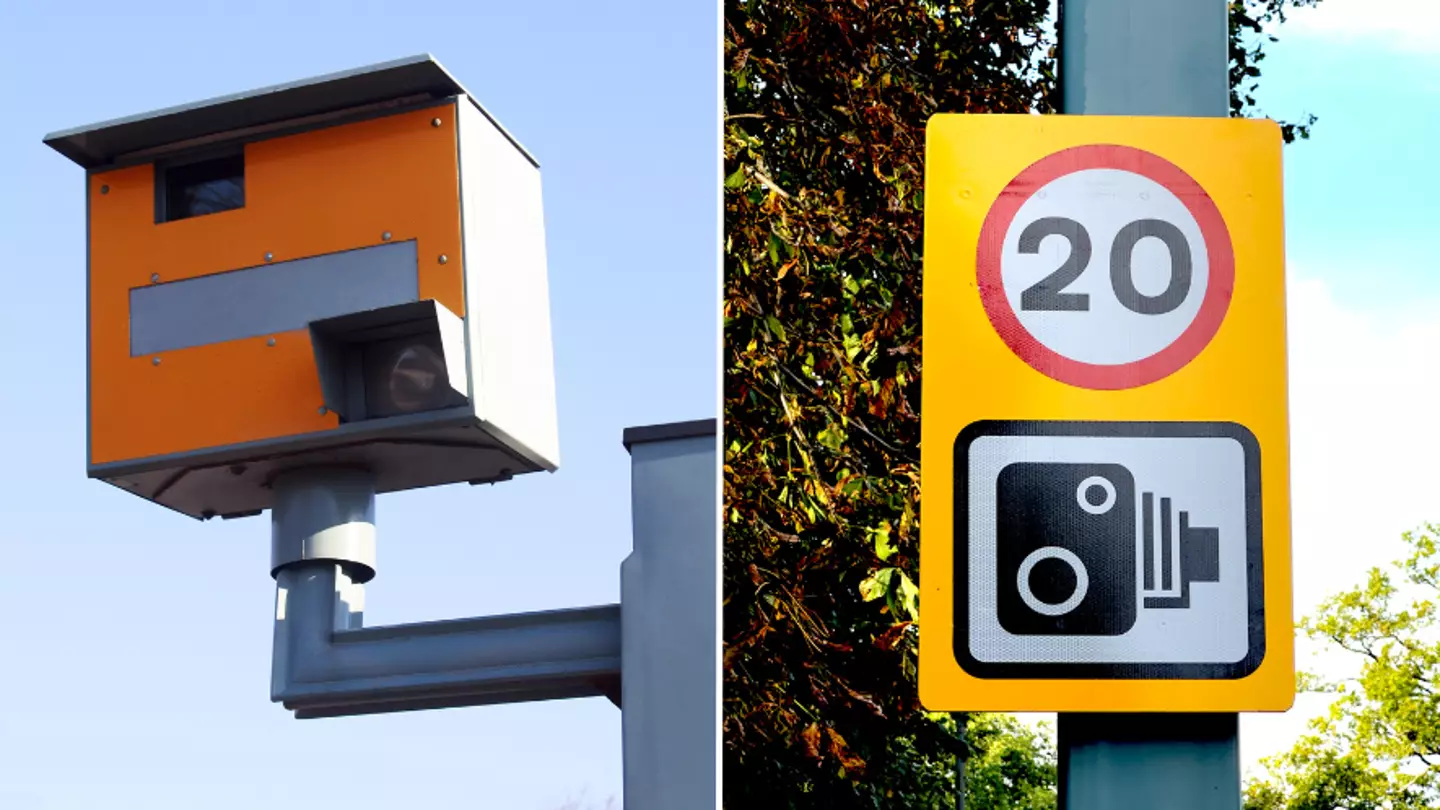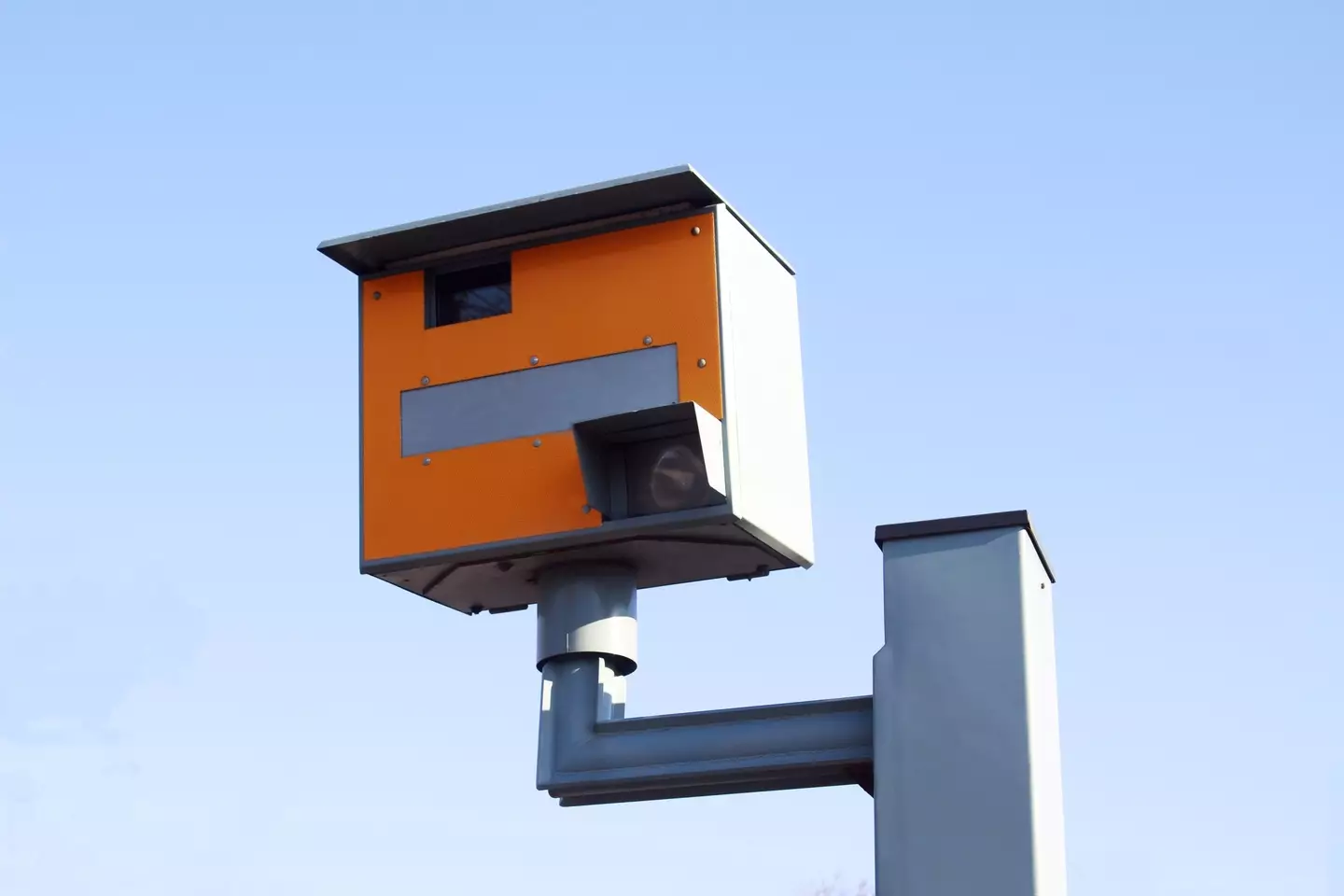
There's a new law coming into force this week that will impact many motorists, with the new change relating to technology that 'could lead to a drastic change in road safety'.
As many drivers will know, rules on the road seem to be eternally changing, meaning it's crucial to make sure you're up to date with any new legislation.
After all, it would be pretty rubbish to be pulled over or fined for something you didn't even know you were doing wrong.
This includes a new EU law that is being brought in later this week, which is set to 'tighten control' on the road.
Why does it apply to Brits after the UK left the EU?
The UK may have left the European Union, but many cars sold here are actually made in EU countries.
Advert
This means that the new legislation will still apply to the UK market when it comes into force.

What is the new speed limit law?
From 7 July, all new cars made in Europe are required to be fitted with speed limiters, which are designed to limit the vehicle’s top speed.
All new cars sold in the UK must follow the new regulations as, even following Brexit, the UK has retained most EU laws for new vehicles.
What is a speed limiter?
A speed limiter is a safety device that can be fitted in your car so that it doesn’t go over a certain speed.
As AutoTrader explains, the technology - which is called Intelligent Speed Assistant (ISA) - uses GPS data and/or traffic-sign-recognition cameras to 'determine the maximum speed allowed in an area'.
"The system then limits the engine’s power and the vehicle’s speed to that limit," AutoTrader says, adding: "The speed limiter will send haptic, audio, and visual warnings until you start driving within the speed limits.
"You can override the system by pressing hard on the accelerator, but the system will reactivate every time the car is started."
What are the experts saying?
According to Motor Match, police records last year showed that exceeding the speed limit was a contributing factor to 20 percent of deaths on the road.
A spokesperson said last month: "The new rules, set to take effect in July, introduce 'mandatory' speed limiters, changing how we drive on roads.
"These Intelligent Speed Assistance systems will become standard, forcing drivers to stick to speed limits automatically.
"For instance, ISA technology would limit you to a maximum of 70mph, as this is the national speed limit.

"It's important to note that while speed limiters are already present in many cars, the upcoming regulations tighten control."
While it’s illegal to ignore a speed limit, a total of 5,171 accidents in 2022 were caused by motorists exceeding one, with a 5.1 percent increase year-on-year.
The Motor Match spokesperson added: "The new Intelligent Speed Assistance systems not only prevent speeding fines and contribute to fuel savings, but also significantly reduce the risk of penalties.
“The minimum penalty for speeding currently includes a £100 fine and three penalty points on your licence.
"With ISA technology, the likelihood of accumulating penalty points, and the risk of being disqualified from driving for gathering 12 or more points within three years, is greatly reduced.
"This technology could lead to a drastic change in road safety, fostering a more controlled driving environment where speed limits are adhered to, thus reducing accidents significantly."
Topics: UK News, Technology